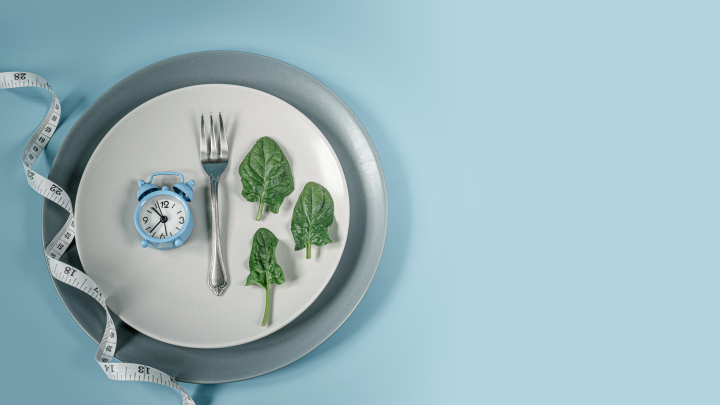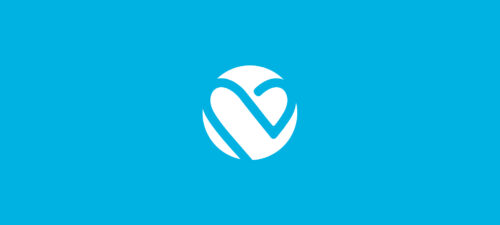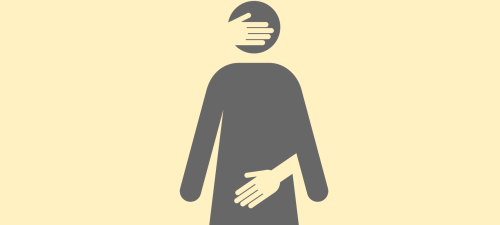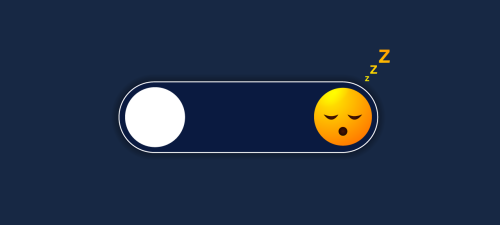Are you what you eat?

Ramadan Kareem to all who celebrate this holy month! Let us get right to it. It is completely natural and biologically normal to feel starved when you have not consumed a meal or liquids on average for 9 to 12 hours a day, depending on where you are geographically. Actually, you may be from the people who do not remember to eat on a regular day, let alone Ramadan. I am one of those people! Guilty. It seems this habit started during my later years in high school well into adulthood. How do I combat this you may ask? A lot of active and proactive steps that can help you, too, during this Ramadan. Let’s take a look at a few steps that can help with your wellbeing and require a few adjustments to your diet and exercise routine to help you be productive!
Plan your eating decisions before you are hungry
Let’s say you have a set lunch time, figure out what you want to eat after breakfast. This way your mind is clear enough (and not starved). Here you give yourself time and thought to what is best to eat for health and energy reasons. Now, since we are in Ramadan, this can be difficult but planning your meals (Iftar and Suhoor) after you’ve had your post-meal rest. Once the food coma feeling passes making these decisions when full will alleviate any concerns of the quality of food and liquid you are planning on consuming next.
Food affects our mood…eat wisely
Did you know that eating spicy food can make our outlook of the world more aggressive? The gastrointestinal tract (our digestive system), also known as, our second brain houses billions of bacteria. You are probably wondering why our gut has anything to do with our wellbeing but check this out, the food that we eat and affects our balance of good and bad bacteria and has a direct influence on how our body produces neurotransmitters (the chemical messengers our brains rely on!).
A study conducted by Raj Raghunathan, Rishee Batra, and Tanuka Ghoshal, marketing professors at McCombs School of Business; Villanova University; Baruch College University of New York respectively, to find whether there was a correlation between spicy foods and aggression. The results confirm that at some level, “the popular saying, ‘you are what you eat’ may be accurate: If you consume hot and spicy food, there’s a greater chance that you will be ‘hot headed’.” What was more interesting in this read was this key piece of information to keep in mind next time you want that extra spicy chicken, “[90%] of serotonin receptors – our mood regulators that influence our biological and neurological process such as aggression, anxiety, cognition, mood, and sleep- are located in the gut.” This Ramadan give your gut and mood a break.
Want to change one thing during this Ramadan? Change only one thing
We all get excited for Ramadan because it gives us plenty of time to focus on our body and image. From beginning good habits like walking or limiting your sweet intake because all the best sweets come around in Ramadan. Sometimes, we attempt to overreach and overdo our transformations all at once. Peter Bregman, the CEO of Bregman Partners, an executive coaching company helping people become exceptional human beings, wrote his own experience of losing weight and his insight was simple and to the point: we all have that one thing we consume that has the biggest effect on your diet, find that one and only thing and conscientiously choose your health when you cut it out. Reverting back to that item is not a failure and occasionally indulging in it is fair. Approach life with the simple view that changing one thing at a time is plausible. Eat with wisdom.
I wish you all a happy, healthy, and fulfilling Ramadan!













